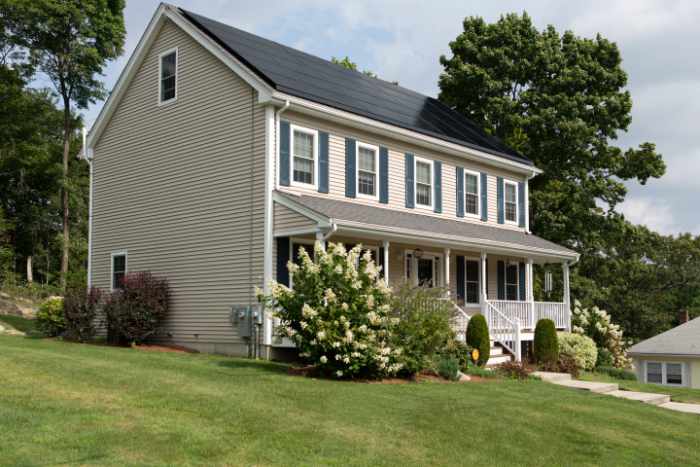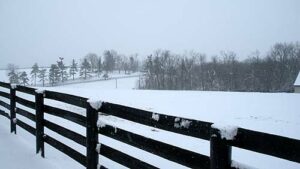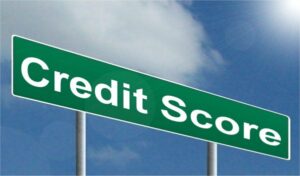Any homeowner who has done their homework in choosing new siding has heard about vinyl siding. There are a number of ways that vinyl siding seems like an obvious choice—low maintenance, long life, and a variety of colors and styles. But there are advantages and disadvantages to any building material. Many depend on your location and your budget. Read on to learn the answer to, “Is vinyl siding a good investment?”

Durability
One of the most well-advertised advantages of vinyl siding is its durability. Good quality, well-maintained vinyl siding, like most plastic products, can last several lifetimes.
There are some caveats to this, however.
- Poor installation can dramatically affect the durability and lifespan of the siding.
- Don’t hang it too tightly or the vinyl will warp and crack.
- On the flip side, hanging it too loose and wind can get under the panels and cause warping.
- It’s also important to understand that hail, debris, and other small objects can puncture vinyl siding.
Pro tip: Don’t put your grill or BBQ near vinyl siding as its high heat can make it warp or melt.
Sustainability
Making environmentally friendly decisions in purchasing has become a real priority for many homeowners in recent years. Looking at all the aspects of vinyl siding, from its manufacturing to its disposal, shows some serious drawbacks for homeowners who wish to center sustainability in their purchasing.
Most vinyl siding is made from non-renewable oil. The processes used to manufacture them are very toxic. In addition, because most vinyl siding is mostly made overseas, there will be transportation costs which also factor into the equation.
While the type of plastic used for vinyl siding is quite recyclable, this isn’t a common practice, and it is more likely that your vinyl siding will eventually end up in a landfill. This means that it will either sit there for hundreds or thousands of years or be burned, contaminating the air and soil.
Maintenance
Vinyl siding is actually quite easy to maintain. While wood has to be periodically painted or stained, vinyl doesn’t require any sort of painting. Wash your siding every year or so to maintain the vinyl’s freshness. Other than this, your vinyl side is maintenance-free.
There are, however, some unique maintenance worries when it comes to vinyl siding. Mold and mildew are common problems since moisture can easily become trapped between the panels and cause serious rot. Just something to keep an eye on.
Energy
Most types of vinyl siding provide less insulation compared to other options. There are, however, some types of vinyl that can really help. There have been significant strides made in insulted vinyl, which can help to reduce your heating bill.
On the other hand, the majority of vinyl sidings simply hang on your house and protect the underlying structure from the elements. This isn’t to say, however, that you shouldn’t consider insulated vinyl if you can afford it.
Property Values
Vinyl siding is one of the most stable investments you can make regarding your property values. New homes in the U.S. often use vinyl siding, so choosing vinyl siding in your remodeling will give your home a clean, modern look.
If you plan to replace your home’s exterior then vinyl siding will likely be the least expensive option available to you. Restoring old, wood siding can be expensive. Replacing with a fiber-cement product will cost more but will improve the property’s value more than vinyl siding.
As you can see, vinyl siding certainly has its pros and cons. Deciding whether vinyl siding is a good investment is a personal choice, but in many situations, it is a good investment that holds its value fairly well.



